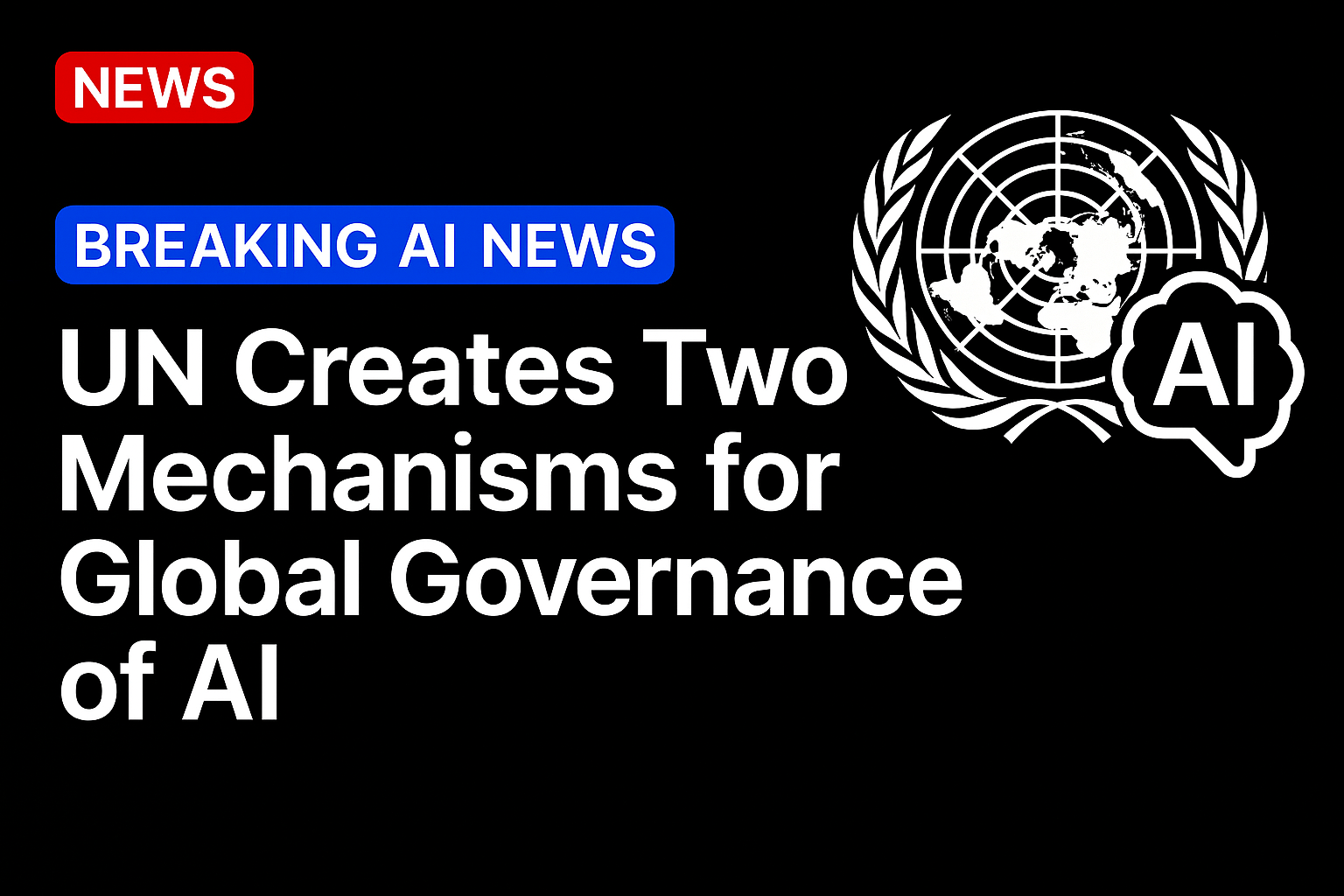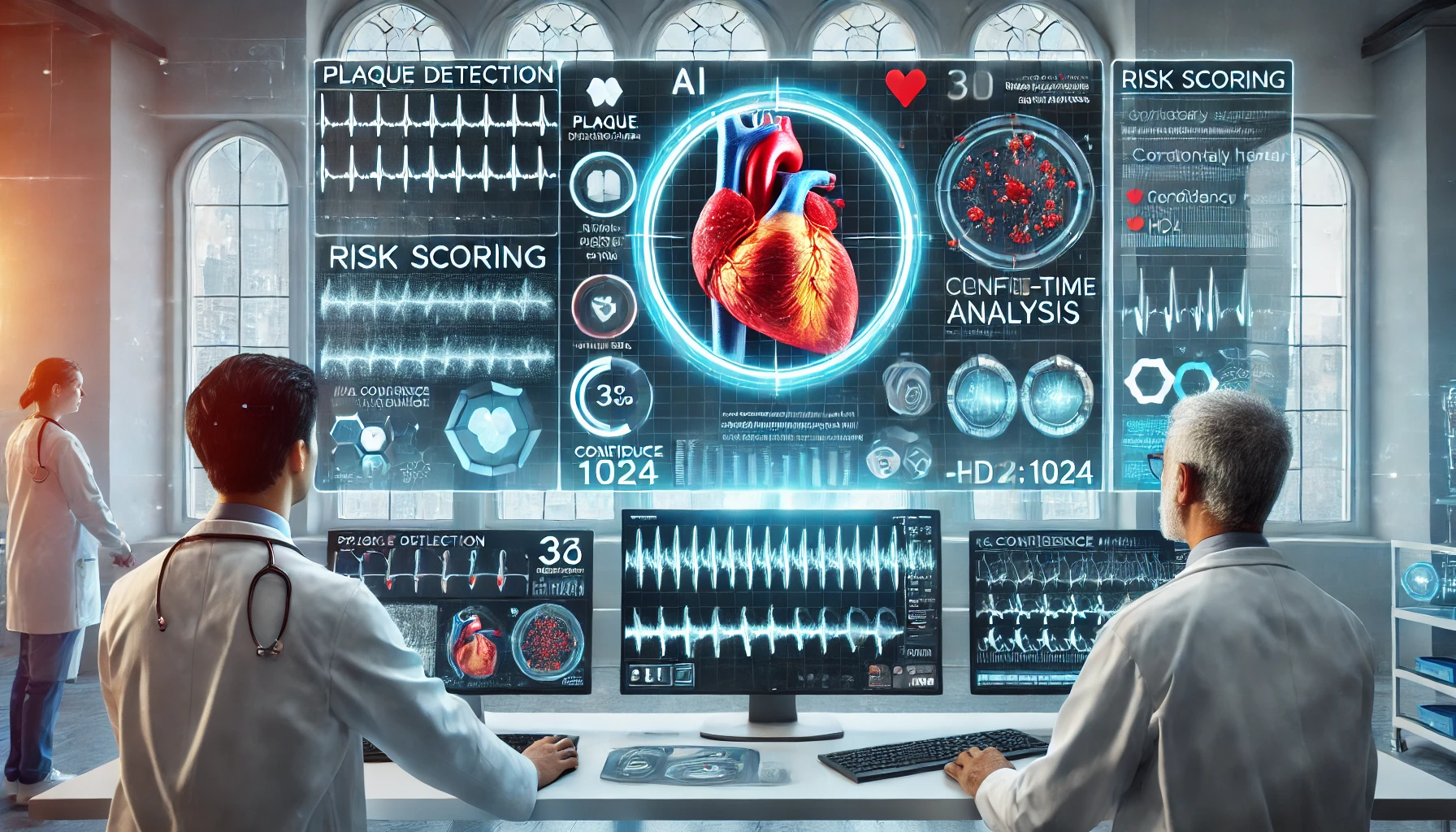
The United Nations has created two new global mechanisms for artificial intelligence (AI) governance, a move described by the Office of the Secretary-General as a “pathbreaking milestone” in international cooperation on emerging technologies.
The decision establishes the United Nations Independent International Scientific Panel on AI and the Global Dialogue on AI Governance, two bodies designed to balance the promise of AI with the risks it poses to societies and economies.
The Global Dialogue on AI Governance will provide an inclusive forum within the UN for member states and stakeholders to debate critical issues surrounding AI, according to the global body. The platform is intended to anchor AI governance discussions at the multilateral level and connect with broader global digital policy frameworks.
The second mechanism, the Scientific Panel on AI, will serve as an advisory body linking cutting-edge AI research with policymaking. By issuing independent, science-based assessments, the panel is expected to give governments and institutions the ability to anticipate risks and opportunities in AI systems. Its reports will feed directly into the Global Dialogue sessions.
AI has become a central concern for governments worldwide as generative models, autonomous systems and agentic AI platforms have accelerated both opportunities for productivity and risks related to bias, misinformation, disinformation and security.
The new bodies provide a centralized alternative to fragmented approaches emerging in the United States, European Union and China.
But Ciarán Bollard, the CEO of The Corporate Governance Institute, said these international frameworks often take years to develop. Businesses cannot wait that long.
“AI is already shaping how companies operate, and without internal safeguards, boards are exposing themselves to regulatory, ethical and reputational risks,” Bollard told PYMNTS. “Businesses don’t have the luxury of waiting while technology races ahead.”
Bollard added that companies must treat AI oversight as a “present-day responsibility” instead of a “distant” issue to be addressed when international regulations emerge.
Companies must set up their own ethical frameworks, risk management processes and accountability mechanisms now, Bollard said. They will be better prepared to comply with international rules once these arrive.
The Secretary-General’s office said in a statement that the two initiatives mark a “significant step forward in global efforts to harness the benefits of artificial intelligence while addressing its risks.”
The Scientific Panel will be formed in the coming months, with Secretary-General António Guterres set to open nominations soon. Its first annual report is scheduled to be presented next July during the inaugural Global Dialogue on AI Governance in Geneva, with a follow-up session in New York in 2027.
The panel is expected to have 40 experts, including some of the “most renowned” in AI, each serving three-year terms, according to Spain’s Ministry of Foreign Affairs, European Union and Cooperation. They will represent a diversity of geographies and genders, from multiple disciplines.
Guterres urged broad participation from governments, researchers, civil society and industry, stressing that all stakeholders are needed to ensure AI advances serve “the common good of all humanity.”
Source: https://www.pymnts.com/




